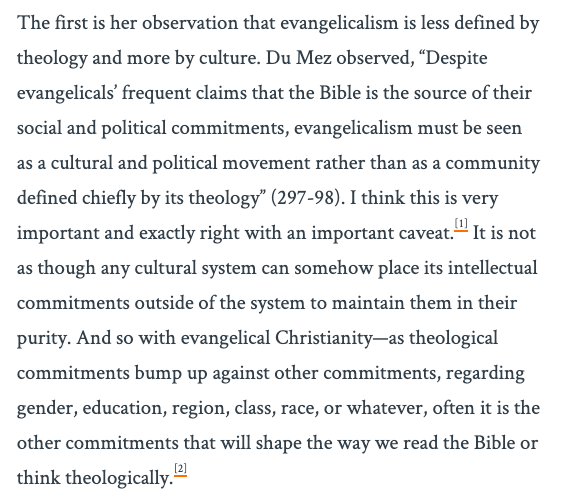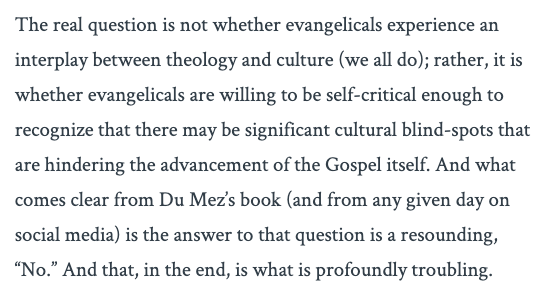
1. You have heard it said that restitution is required only if *specific* victims of theft can be identified. But I say to you, this is simply not true according to historical Protestant (and especially Reformed) ethical thought.
2. Baxter, for example, explains that "public oppressors, who injure whole nations, countries or communities" are bound to make restitution (CD). He cites as examples unjust judges, oppressing landlords, and deceitful tradesmen, who repeatedly steal from nameless multitudes.
3. Further, those who are guilty of theft but cannot locate their victims are still required to relinquish the stolen goods by returning them to God. And the best proxy for God in this scenario is THE POOR, says Watson, Ridgley, Beveridge, Baxter, et al, based on Num. 5:8.
4. That is why there's an interpretative tradition that reads Zacchaeus' pledge to give half his possessions to THE POOR (Lk 19:8) not as spontaneous generosity, but rather, as restitution for victims that he, as a public oppressor, could no longer identify (see e.g., Beveridge).
5. One recent example of this in practice: Upon discovering their great-grandfather owned enslaved people, and not finding any record of names, a donor gave out of their inherited wealth to a nonprofit that helps underserved Black communities in KY. npr.org/2021/06/03/100…
6. The point is, don't let people tell you reparations isn't cogent b/c scripture requires restitution ONLY IF specific victims can be personally identified. False. To the contrary, the Bible recognizes that the most heinous thefts often involve masses of unidentifiable people.
• • •
Missing some Tweet in this thread? You can try to
force a refresh









